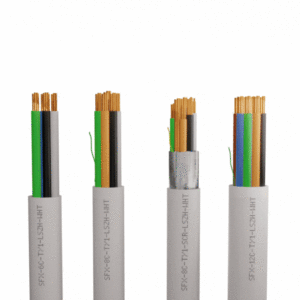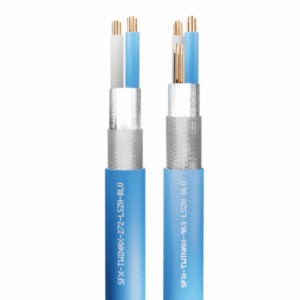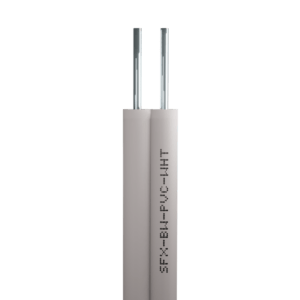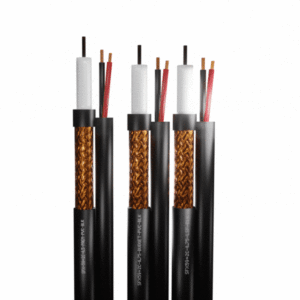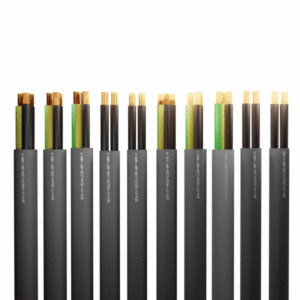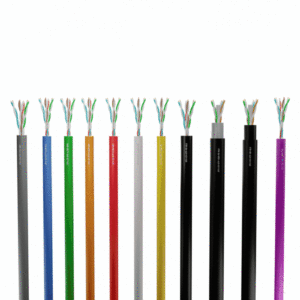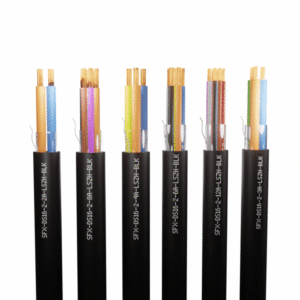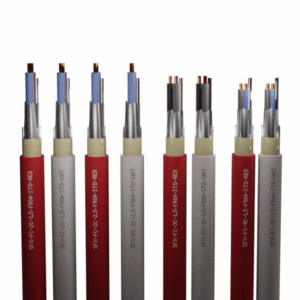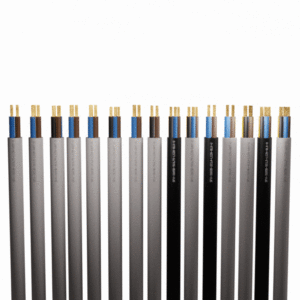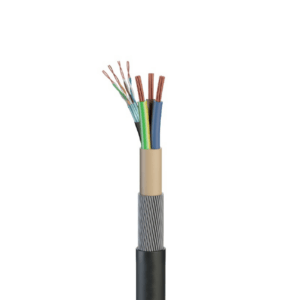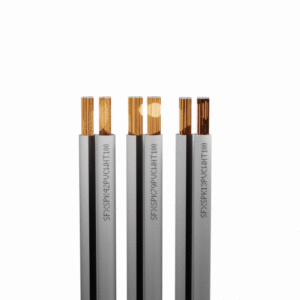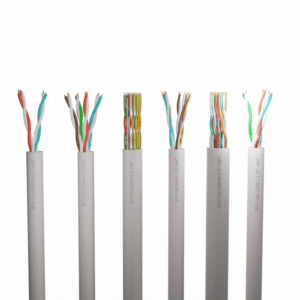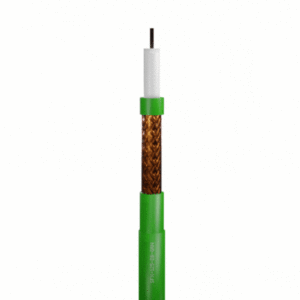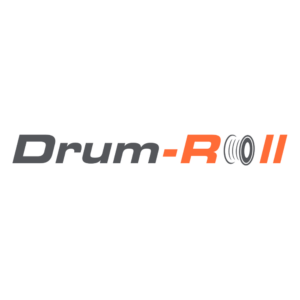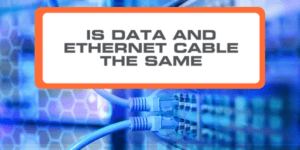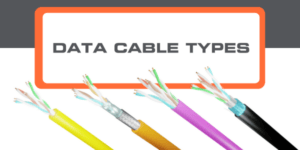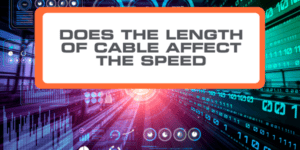The importance of the Right Connectors for Data Cables: A Wise Business Decision
Data cables are the backbone of modern communication and information transfer.
From homes to offices, data cables play an integral part of our daily lives, ensuring seamless connectivity and swift data transmission.
However, amongst the complex web of data cables, connectors play a pivotal role.
Choosing the right connectors for your type of data cable connections is important to ensure efficient and reliable communication.
A range of the most common connectors for data cables include:
- RJ45 Connection (for Ethernet Cabling)
- LC, SC & ST Connectors (For Fibre Optic Cables)
- USB Connectors
Mitigating human error through informed decision-making and careful consideration is vital when selecting suitable connectors.
Understanding the Significance
Data cables serve as the conduits through which information flows, connecting devices, networks, and systems.
Data cables ensure reliable flow of data, including emails and financial transactions, without any interruptions or loss.
Yet, the true hero behind this seamless transmission is the connector.
RJ45 Connectors, designed for Ethernet Cabling, serve as the gateway that joins data cables together. They ensure a secure and stable link, enabling data to move from source to destination.
Similarly, LC Connectors offer high precision connections, allowing for reliable data transmission over longer distances.
SC & ST Connectors are used in demanding environments, these connectors are known for their durability in Fibre Optic setups.
USB Connectors facilitate versatile data transfer across various devices and therefore are a popular choice in modern data connectivity.
The quality of this connection impacts the overall performance of the data cables.
Making the right connector choice an important aspect of the full setup.
Reliability and Durability
Data cable connections can be vulnerable to external factors like environmental conditions, physical strain, and electromagnetic interference (EMI).
Choosing connectors that are built to withstand these challenges is vital to maintain reliable connections. An ill-fitting or subpar connector can lead to signal loss, slow data transfer rates, and even complete connection failure.
The RJ45 connection, a standard for Ethernet cabling, is renowned for its robust design. Its locking mechanism ensures a secure fit, reducing the chances of accidental disconnections. This durability translates to a longer lifespan for the data cable connection, minimising maintenance and replacement costs.
LC connectors, SC connectors, and ST connectors for fibre optic cables also boast resilient designs that preserve connectivity in challenging settings.
Maximising Data Transfer Speeds
Whether it’s streaming high-definition videos or transferring large files, the speed of transferring data is a critical factor.
The choice of connectors can significantly impact these speeds.
A high-quality connector, specifically designed for data cables, ensures minimal signal degradation, leading to faster and more efficient data transmission.
Connectors optimised for communication, such as RJ45 for Ethernet and LC connectors for fibre optics, provide reliable gigabit data transfer speeds.
This is crucial in locations with high-speed networks. Examples include offices with numerous devices connected to a central server or data centres that transmit large amounts of data.
Maintaining Signal Integrity
The referential integrity of the data source being transmitted is of utmost importance.
Connectors that provide strong contact points and shielding mechanisms help maintain signal integrity, reducing the risk of data corruption and errors.
Inadequate connectors can introduce noise and interference, leading to compromised data quality and accuracy.
RJ45, LC, SC, and ST Connectors are designed with signal integrity in mind. Their shielding helps protect against EMI, ensuring that the data set remains intact and uncorrupted during transmission.
Compatibility of Connectors
The technology landscape is constantly evolving, with a myriad of devices and systems requiring seamless connectivity.
Choosing connectors that offer compatibility is essential to ensure a hassle-free data cable connection experience.
RJ45 connectors are a standard interface and widely supported across various devices and networks, making it a versatile choice. Similarly, LC, SC, and ST connectors are industry standards in fibre optic networks, ensuring seamless data transfer across diverse systems.
Streamlining Data Centre Connectivity
In data centres, where efficient communication is critical, the right connectors play a pivotal role in streamlining operations.
Whether it’s high-speed Ethernet connections, rapid fibre optic data transfer, or USB connectivity, well-chosen connectors ensure that data centres function smoothly, reducing downtime and enhancing overall performance.
A Wise Business Decision
The strategic significance of choosing the right connectors extends beyond technical considerations.
It is a business decision that can impact productivity, efficiency, and cost-effectiveness.
Choosing high-quality connectors demonstrates a commitment to reliable communication and data transfer.
This, in turn, can enhance customer satisfaction, improve internal processes, and foster a competitive edge.
Conclusion
In the intricate web of data cables, connectors enable efficient and reliable communication across a wide range of technologies.
Different connectors like RJ45, LC, SC, ST, and USB affect data transfer speed, signal quality, and system performance.
Choosing the right connector for data cables is both a technical choice and a strategic decision. This decision has the potential to enhance connectivity.
Investing in the right connectors for networks and data centres keeps data flowing quickly, securely, and without interruption.
If you have any questions that weren’t answered in this article, please do not hesitate to get in touch with our friendly team.
We’re always happy to help!

